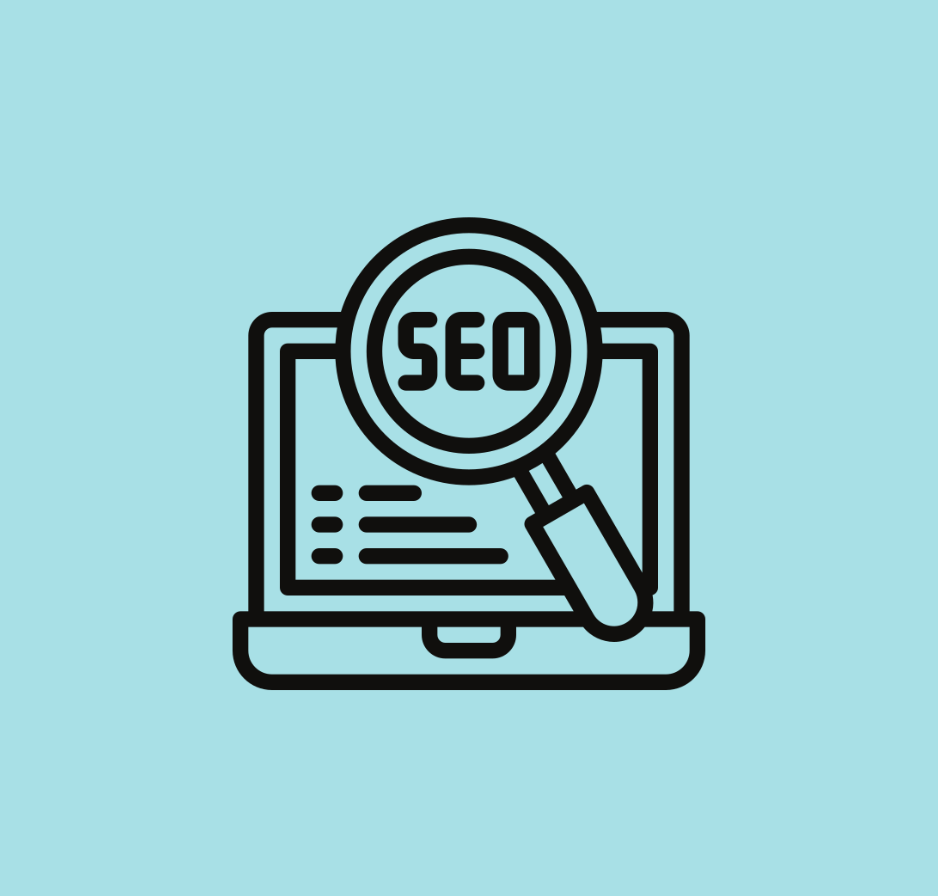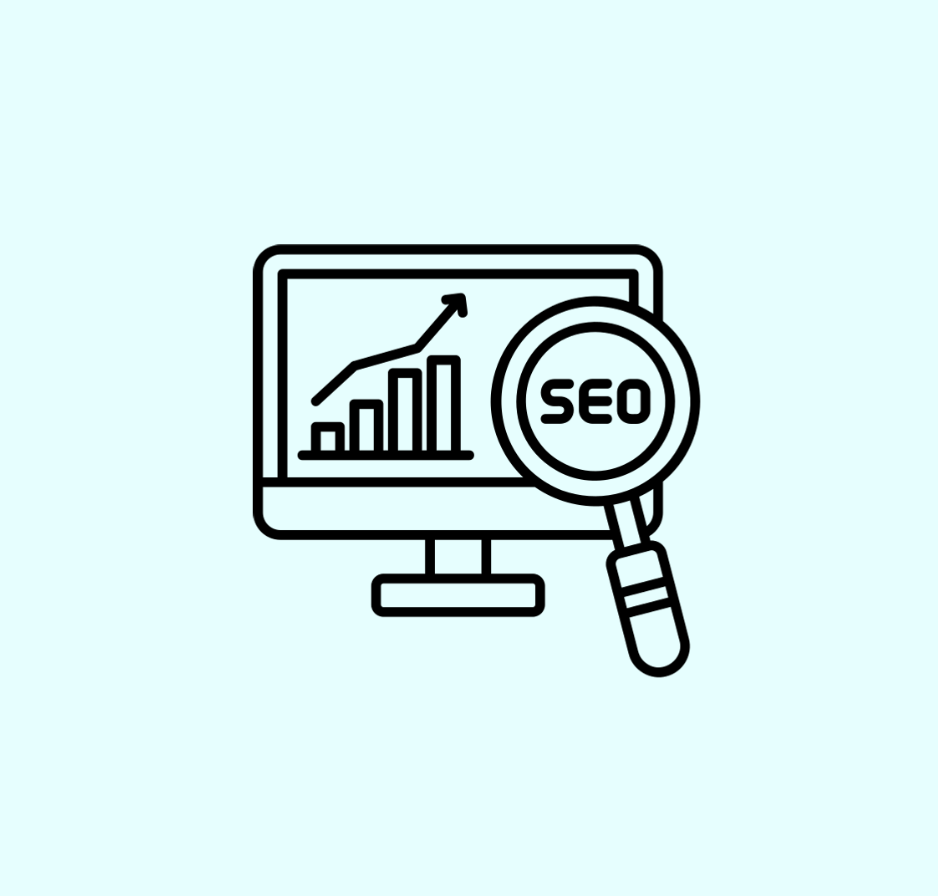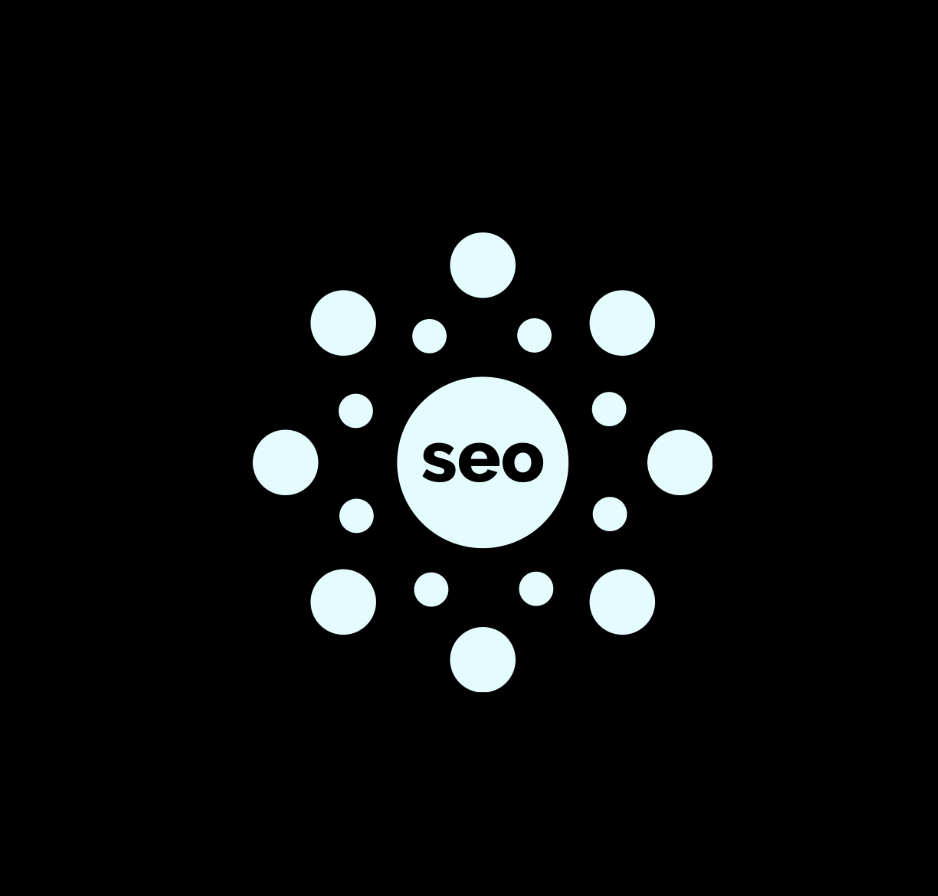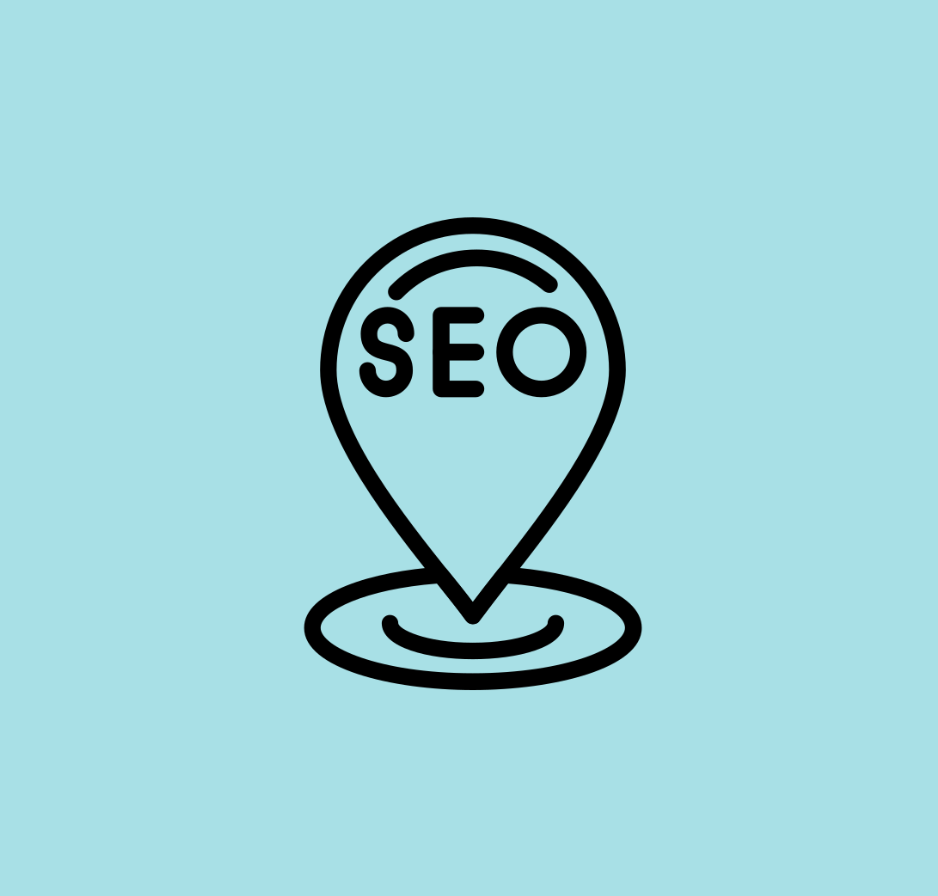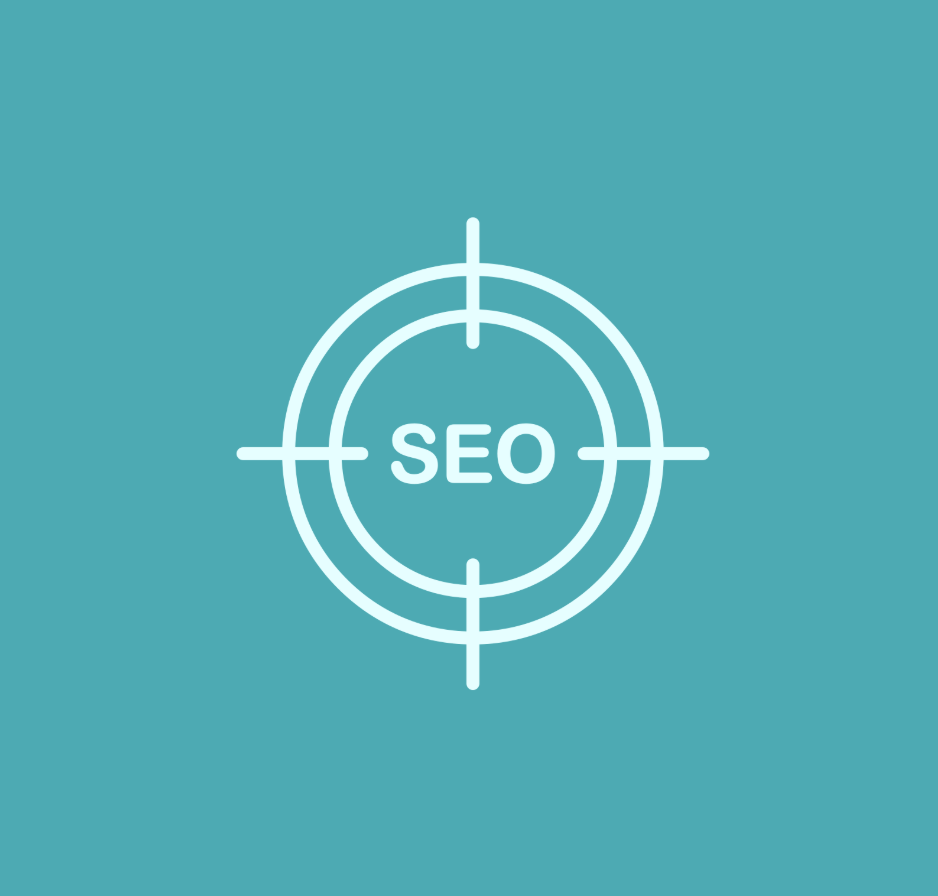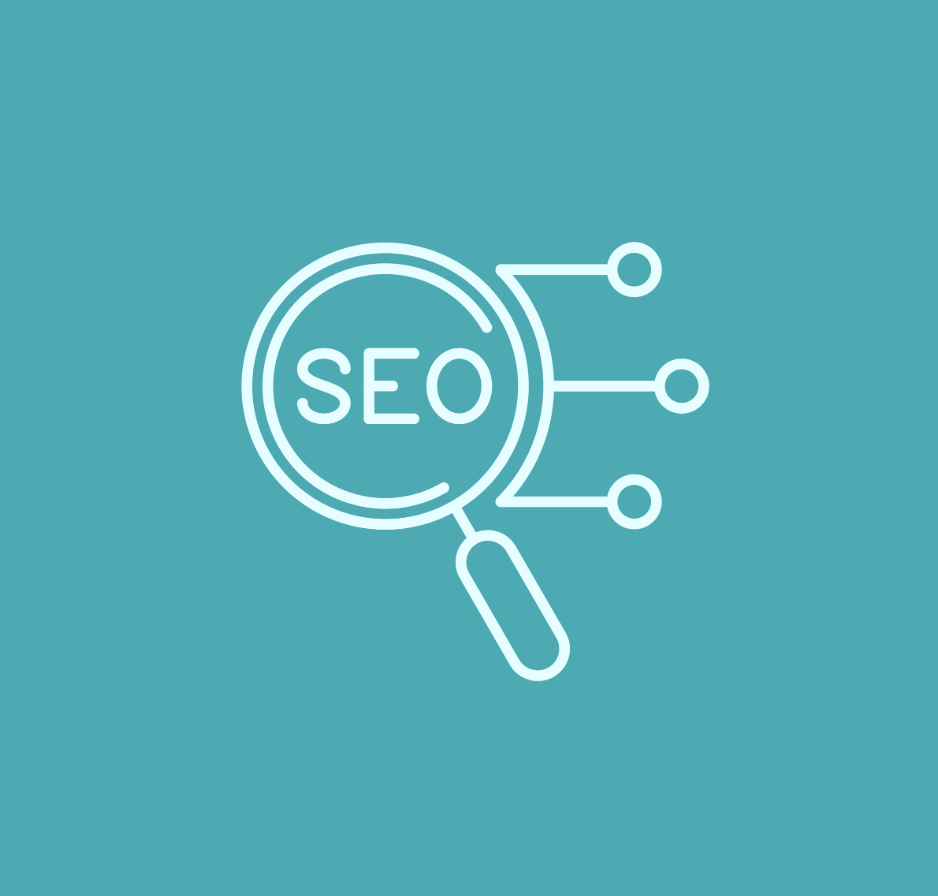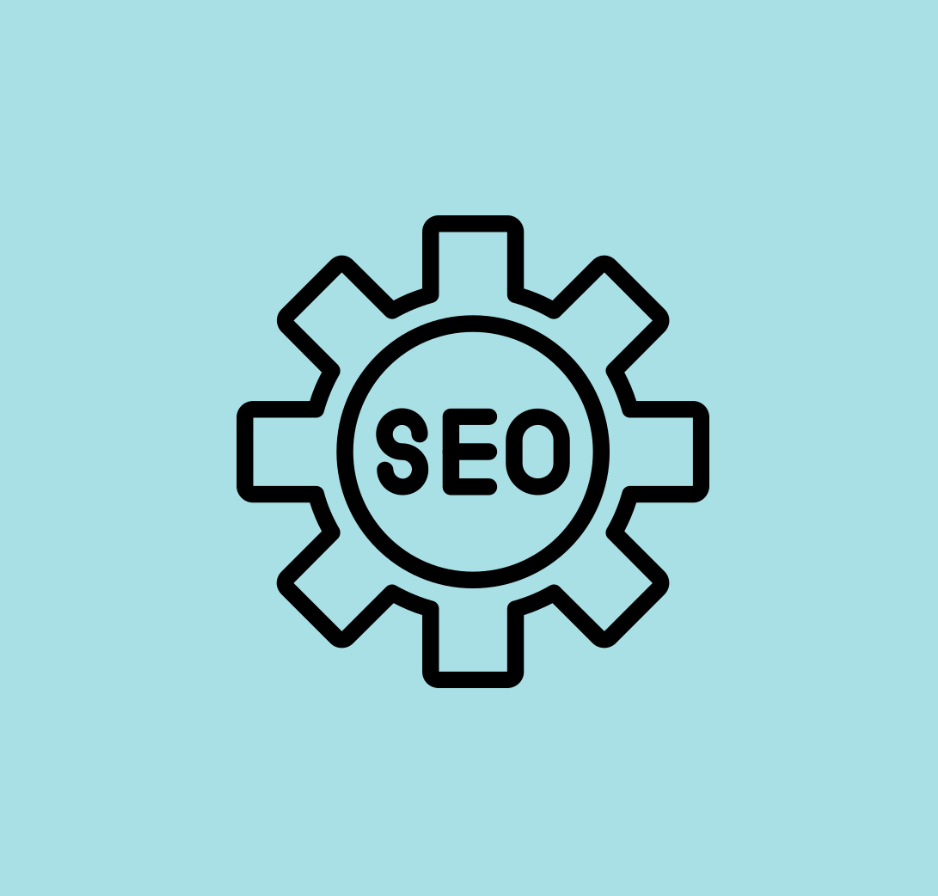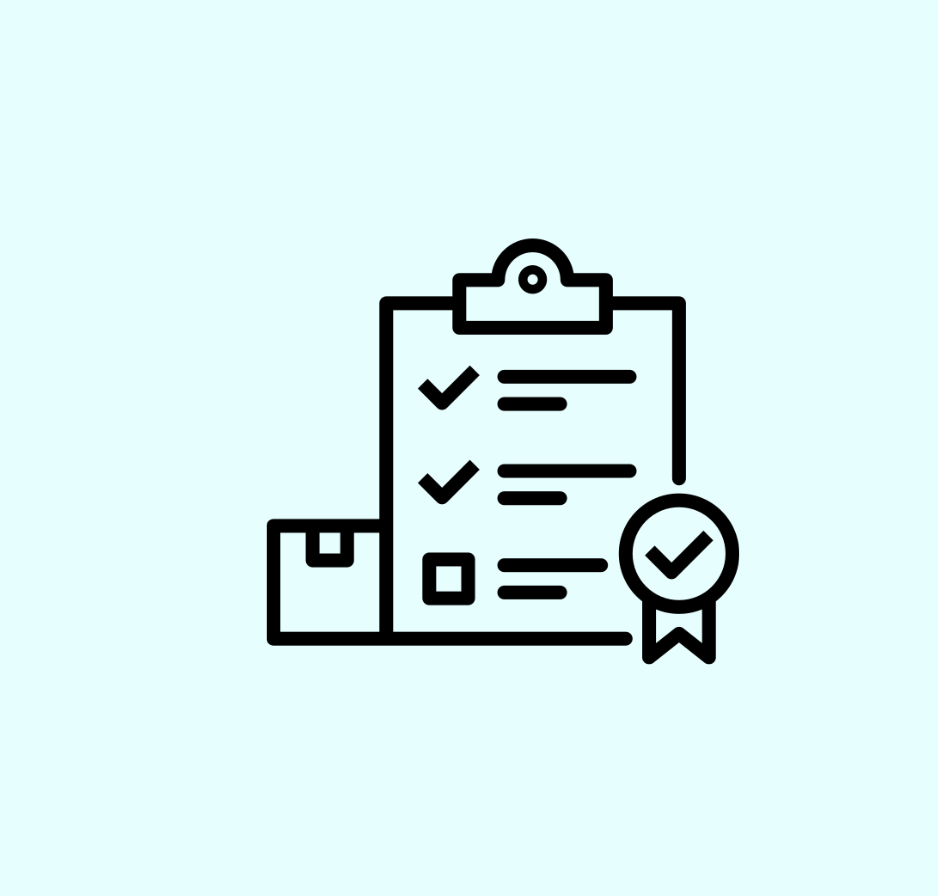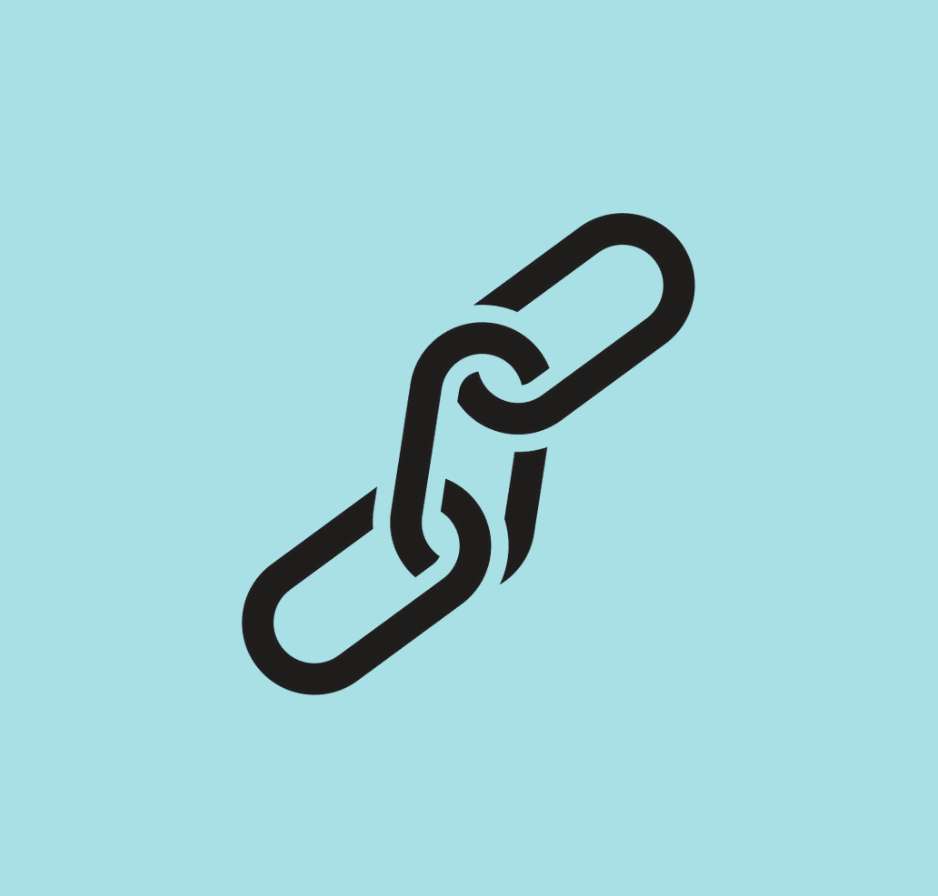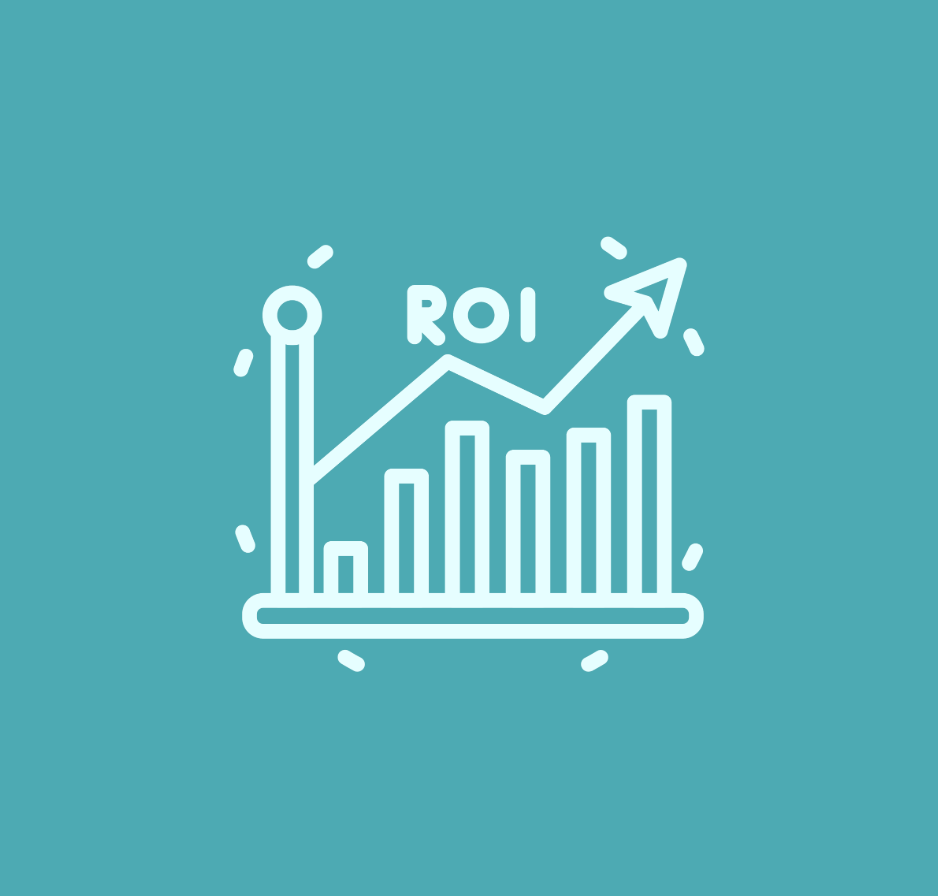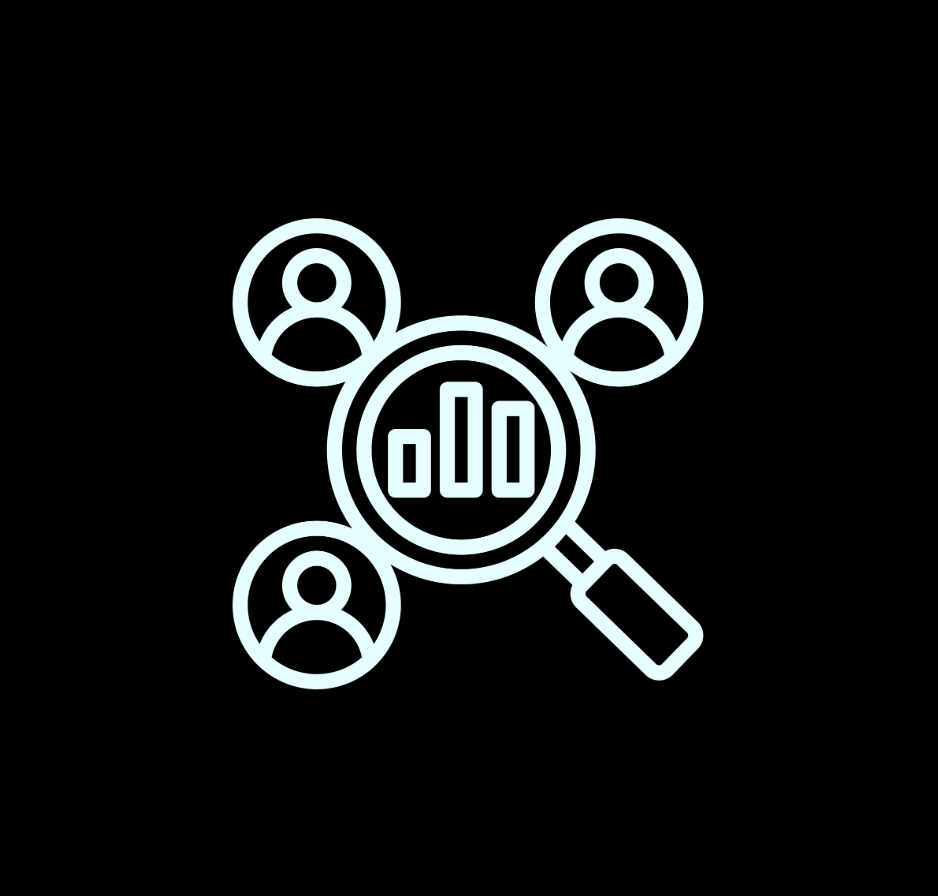On-Page SEO Services: Boost Your Traffic & Rankings on Traditional Search Engines and in AI Overviews and AI-Powered Search
On-page SEO involves optimizing your website’s content and HTML elements—like title tags, meta descriptions, headings, internal links, and keywords—to make each page more relevant to search intent and user experience. In today’s AI-powered search era, a clear content hierarchy, structured headings, and actionable guidance help pages perform better in AI Overviews and traditional results.
Rank Higher on Search Engines - Understanding On-Page SEO
On-page SEO is the process of optimizing individual web pages to improve their search engine rankings, appearances in AI-overviews, and in AI-powered search.
Unlike off-page SEO or technical SEO, which focus on off-page elements or technical parts of the page, on-page SEO deals with elements directly on your site that you can control. These include keyword placement, title tags, meta descriptions, headers, image optimization, and internal linking.
High-quality, well-structured content also plays a major role, helping both search engines and visitors understand the value of your page. Proper on-page SEO ensures your website is not only visible but also engaging and relevant, driving more targeted traffic. By fine-tuning these elements, businesses can strengthen their online presence, improve click-through rates, and increase conversions.
In today’s AI-driven search landscape, mastering on-page SEO is critical for standing out against competitors and ensuring your website appears in AI overviews, featured snippets, and the top search results.
Table of Contents:
Why On-Page SEO is Important - On-Page SEO Elements Help Google and Other Search Engines Understand Your Page
Do you want to boost your website's rankings and bring in more visitors? Search engine optimization can do it. A big part of SEO is on-page, or on-site, SEO. This type of SEO takes a look at your page content and then optimizes several on-page factors, from the page title to keyword placement. Every page should be optimized with on-page and off-page SEO, and at Sapphire SEO Solutions, we offer both.
Our on-page SEO services are focused on optimizing individual web pages. We do this to enhance their visibility, relevance, and traffic. We produce amazing content, optimized meta tags, and complete internal linking. These are all SEO basics that both traditional search engines and AI-powered search engines love.
The on-page SEO services we offer include:
Optimized Content Creation (Blog Posts, Articles, Website Content)
Keyword-rich Title Tags
Click-worthy Meta Descriptions
Heading Structures that Search Engines Love
URL Creation to Improve Clickability
Internal Linking
Image Optimization
Schema Markups for an Extra SEO Boost and to target AI overviews
Our On-Page SEO Services Can Optimize Your Page, Boost Your Traffic & Improve Rankings
On-page SEO refers to optimizing individual web pages to rank higher and earn more traffic on search engines. It’s a critical component of any comprehensive SEO strategy, and AI-search, Bing, and Google use this to rank content. This complements off-page SEO efforts to create a well-rounded approach. Our on-page SEO services can enhance your website’s visibility and drive organic traffic.
Common elements to optimize for on-page SEO include content and meta tags. We also add internal linking. We also include your target keyword into these elements, which helps us improve your search rankings. It also makes your content more visible to search engines and users, which ultimately leads to better visibility, traffic, rankings, and more.
Changing these on-page elements increases the likelihood of ranking for targeted keywords. It does this by making it easier for AI and search engine crawlers to understand and index your content.
Ultimately, our on-page SEO services aim to enhance the content on your pages. This ensures it is relevant to specific search terms and user intent. Investing in these services boosts your website’s traffic. It also improves search engine rankings and enhances overall online visibility.
Work with Our On-Page SEO Experts and SEO Tactics to Improve Your Web Page Rankings
Working with Sapphire SEO Solutions is a game-changer for businesses looking to navigate the complexities of SEO. Our experts bring a wealth of knowledge and expertise in on page SEO. This allows you to focus on your core business activities while we optimize your website.
Relying on our skills allows you to benefit from customized strategies. These are made specifically for your company. This will improve online visibility and search rankings, and you won't have to spend hours reading every complete guide to on-page SEO...because we are doing the hard work.
On-page SEO refers to the practice of optimizing individual web pages to rank higher on search engines. It also helps to attract more relevant traffic. Focusing on elements such as meta descriptions and title tags ensures that each web page is optimized to meet search engine criteria.
We also add internal links, which help to improve user expectations. Additionally, conducting a thorough SEO audit and using our proprietary on-page SEO checklist can help identify areas for improvement. This ensures that your website is fully optimized for search engines, that pages load quickly, and AI, Google, and users will find exactly what they need.
Understanding On-Page SEO - Is On-Page SEO Important?
On-page SEO is extremely important. It focuses on enhancing the various elements of individual web pages to improve their visibility. It also improves relevance in search engines.
Off-page SEO, which involves external factors like backlinks and social signals, is different. On-page SEO efforts are entirely within your control and can be created to meet your goals.
Investing in on-page SEO in 2025 and beyond is crucial for several reasons, especially as we are seeing more and more AI-powered search factors at play.
First, adding common on-page SEO factors helps improve your website’s domain authority. This makes it easier for future content to rank higher in search engine results pages (SERPs) and in AI-powered search.
Second, on-page SEO efforts drive valuable organic traffic to services pages, landing pages, and more. This traffic can be converted into leads or sales. Optimizing elements of on-page SEO like the type of content, meta tags, and internal links increases the likelihood of ranking for targeted keywords. This boosts your online visibility, and when using best SEO practices, it can boost all other parts of SEO, too.
The ultimate goal of on-page SEO optimization is to help your site gain more traffic. On-page SEO services enhance the content of each page to help. This ensures it is relevant to particular search terms and aligns with user intent. Not only does it improve your website’s visibility in search results but also enhances the overall user experience. Together, this leads to better engagement and higher conversion rates.
Benefits of Working with Us for On-Page SEO - We Go Beyond On-Page SEO Basics and Include All SEO Factors
On-page SEO offers numerous benefits for businesses and websites. By optimizing individual web pages, you can improve your online visibility. This drives more traffic and increases conversions. Here are some of the key benefits you get when you work with Sapphire SEO Solutions for on-page SEO:
Improved Search Results
On-page SEO helps search engines understand the content and structure of your website. This makes it more likely to rank higher in search engine results pages (SERPs).
Increased Conversions
By optimizing your website’s pages for relevant keywords, you can increase the likelihood of conversions. This includes sales, leads, or sign-ups. Higher conversions show SEO success.
Increased Online Visibility
By optimizing your website’s pages, you can increase your online visibility. This makes it more likely for users to find and visit your site, which leads to more conversions and sales.
Higher Return on Investment (ROI)
On-page SEO is a cost-effective way to improve your website’s performance. This makes it a better return on investment compared to other digital marketing strategies.
Enhanced User Experience
On-page SEO involves optimizing page elements such as title tags, meta descriptions, and header tags. This can improve the user experience and make your website more engaging.
Better Way to Do On-Page SEO
Investing in on-page SEO not only boosts your search engine rankings but also enhances the overall user experience. Plus, you don’t have to do anything yourself. We will do it for you.
Key Components of On-Page SEO - An On-Page SEO Checklist
Several key components make up an effective on-page SEO strategy. These include keyword optimization, meta descriptions, title tags, and content quality. Each of these elements plays a crucial role in improving the visibility and relevance of your web pages. It can also serve as a free on-page SEO checklist or complete guide to on-page SEO for you.
Focusing on these components helps create amazing SEO strategies. The goal is to drive organic traffic and enhance your online presence.
Keyword Optimization
Keyword optimization is the cornerstone of on-page SEO. It begins with thorough keyword research. This helps identify the most relevant and high-volume search terms for your campaign. Long-tail keywords often drive more valuable leads. These should be prioritized. We then add these keywords into your content, meta descriptions, and title tags. This ensures that your web pages align with search intent and audience needs.
Proper keyword placement and density are crucial for on-page SEO success. Avoiding keyword stuffing and keyword cannibalization. This is where multiple pages compete for the same keyword. It is essential to prevent negative impacts on your rankings.
Implementing keywords effectively involves optimizing various on-page elements. These include content, meta descriptions, and title tags, to incorporate target keywords. This helps improve your online visibility but also enhances your site’s relevance. By focusing on keyword optimization, we can improve your search engine ranking. This, in turn, attracts more organic traffic to your website.
Content Quality and Relevance
To many, the most important on-page SEO factor is content. Relevant, high-quality content is part of on-page SEO, and every specific page on your website should have the best possible content. Unique and valuable content not only improves your search rankings. It also keeps visitors engaged longer. This is a good on-page SEO practice, and it increases overall user engagement on your web pages. Google assesses the relevance of your content by checking its alignment with user searches. This is why it is crucial to create content that meets user intent.
A thorough on-site content SEO audit can help identify issues like duplicate content, keyword stuffing, and keyword cannibalization. All of these can negatively affect your SEO performance. Maintaining high-quality and relevant content, including blog posts and articles, enhances your SEO rankings. Additionally, it promotes a better user experience. This leads to higher conversion rates and more organic traffic. Images can help, too, as they support the look of a particular page. Just make sure it doesn't affect page speed.
Meta Descriptions and Title Tags
Meta descriptions and title tags are critical components of on-page SEO, and should be a part of every page on your site. They significantly influence click-through rates (CTR). A meta description may not directly impact rankings. However, it plays a vital role in attracting users to your website. Incorporating relevant keywords into a meta description provides context to your audience. It also improves page ranking. Custom meta tags that are unique and compelling can further enhance user interest. It also increases CTR.
Optimized title tags are equally important. They help both users and search engines understand the context of your web pages. Keywords should be placed closer to the beginning of the title tag to enhance their weight. This also improves search rankings. A clear and concise title tag effectively attracts the audience’s attention. These on-page SEO practices improve your chances of ranking higher in search engine results pages.
User-Focused Content Creation Includes Your Target Keyword, High Quality Content, and More
User-focused content creation is a crucial aspect of on-page SEO, and a part of any good SEO starter guide. By creating high-quality, engaging, and informative content, we can improve your website’s online visibility. This also drives more traffic, and increases conversions. Here are some things we do to create user-focused content:
Conduct keyword research -- We start with keyword research to identify relevant keywords and phrases that your target audience is searching for. Keyword research is one of the most powerful SEO tools you have.
Create high-quality content -- Our professional SEO writers then create high-quality, engaging, and informative content. This content addresses the needs and concerns of your target audience. We check everything with an on-page SEO checker.
Optimize content for SEO -- While writing, we also optimize your content for search engines and AI overviews. We do this by including relevant keywords, meta descriptions, and header tags. This is one of the most important SEO tasks.
Use header tags -- We make sure to use proper header tags (H1, H2, H3, etc.) to structure the content. This makes it easier to read and for search engines to understand.
Use internal linking -- Finally, we add internal linking to connect relevant pages on your website. This also improves user experience.
By focusing on this specific on-page SEO task, our SEO agency can ensure that your web pages are not only optimized for search engines but also provide value to your audience. This leads to better engagement and higher conversion rates.
Enhancing User Experience Through On-Page SEO
Enhancing user experience is a fundamental aspect of on-page SEO and should be part of any on page SEO checker. SEO management techniques such as internal linking, optimizing URL structures, and image optimization significantly improves user engagement and satisfaction. Google places a strong emphasis on whether a page offers a good user experience. This means it's essential for your content to align with search intent and provide value to users.
Focusing on these techniques helps create a more user-friendly website. These will rank higher in search engines and keep visitors engaged and returning.
Internal Linking
Internal linking is vital for improving site navigation. It also distributes page authority across your web pages. By creating a web of related pages, you can enhance navigation for users. Plus, it helps search engines index your site more effectively. When creating anchor text for internal links, ensure it is accurate and descriptive. You never want to keyword stuff.
Effective internal linking enhances user experience by creating pathways for users to navigate. The recommended maximum clicks between pages of a site should not exceed four to maintain user engagement.
Implementing a strong internal linking strategy improves your site’s SEO performance . It also provides a better experience for your visitors.
URL Structure
A well-optimized URL structure is essential for effective on-page SEO. URLs should be static, concise, and descriptive. They should also incorporate relevant keywords to improve their SEO performance. Static URLs, which do not change and are easy to read, are particularly beneficial. An optimized URL helps search engine crawlers understand the context of your web pages. It also enhances user navigation. Ideally, URLs should be under 90 characters. Shorter URLs are easier for Google to crawl and understand.
We avoid using URLs with random numbers and symbols, as they are not SEO-friendly. Instead, we can create URLs for your site that accurately reflect the content of the page. Again, this makes them more user-friendly and easier to remember.
Focusing on URL optimization improves your site’s search engine ranking and provides a better experience for your users.
Image Optimization
Image optimization is a crucial aspect of on-page SEO. It can significantly improve your page ranking. Visual elements engage the audience and reduce bounce rates. It also increases the time users spend on your site. To optimize images for SEO, we use descriptive titles and alt text. We also ensure proper image formats and sizes. Descriptive alt text not only aids visually impaired users. It also improves SEO performance.
Titles and alt tags for images should be unique, concise, and compelling. This allows for effectively communication of the content of the images. Proper image optimization can enhance user experience. This leads to better engagement and improved SEO outcomes. Putting a focus on image optimization boosts your site’s online visibility and attracts more organic traffic.
Advanced On-Page SEO Techniques
SEO is not a one-and-done task. Advanced on-page SEO techniques can further enhance your website’s performance and SEO ranking, plus these are techniques we use for AI Overviews and AI-powered ranking. These techniques include schema markup, content audits, and AI-powered content enrichment. By employing these advanced methods, you can ensure your content aligns with Google’s latest algorithms. Plus, it helps to stand out in search engine results pages.
These techniques help optimize on-page optimization elements. They also improve overall website performance and rankings.
Schema Markup and Structured Data
Schema markup is a structured data vocabulary that helps search engines understand the content of your web pages. Implementing structured data can lead to better visibility in search results. Why? It makes it easier for search engines to process and display relevant content. Rich snippets, enabled by schema markup, can significantly enhance your site’s click-through rates. It does this by giving users more informative search results.
Microformatting is another coding format that allows for the categorization of various types of information. This makes it easier for Google to understand and display your content in search results. We can incorporate schema markup and structured data into your on-page SEO strategy. This improves your site’s visibility and attracts more organic traffic.
Content Audits
Doing regular content audits is essential for maintaining and improving your website’s SEO performance. Content audits help identify issues. We look for things like keyword cannibalization, outdated information, and content that doesn’t align with best practices. By evaluating and enhancing the quality of your website content, you can ensure it aligns with SEO best practices. Plus, you ensure it meets user expectations.
Content audits also involve assessing factors like content quality, duplicate content, and keyword stuffing. All of these can negatively impact your search rankings. By addressing these issues, we can improve your website’s overall performance. This leads to better search engine rankings.
AI-Powered Content Enrichment
AI-powered content enrichment is a modern approach to improving the quality and effectiveness of your web content. AI tools can analyze existing content for areas of improvement. This makes it more competitive in search results. By enhancing content quality and relevance, AI-powered tools can help improve your site’s SEO performance. It also attracts more organic traffic.
AI tools can also suggest enhancements to your content. This ensures it aligns with user intent and search engine algorithms. Leveraging AI-powered content enrichment helps create high-impact content that stands out in search engine results. Additionally, it drives better engagement.
Measuring the Success of On-Page SEO Efforts
Measuring the success of your on-page SEO efforts is crucial. We do this to understand the impact of the strategies we employ. Then we can identify areas for improvement. Key metrics we look at include organic conversions, traffic, and keyword rankings. We also look at website authority and click-through rates.
Regularly analyzing your site’s performance helps refine your SEO strategies. It also ensures continuous growth and improvement.
Google Analytics and Google Search Console
Google Analytics and Google Search Console are essential tools for tracking and analyzing your on-page SEO performance. Google Search Console helps identify duplicate content issues. It also provides insights into crawl errors and search rankings. Google Analytics allows us to stay informed about lead sources and the effectiveness of your SEO tactics. It gives valuable insights into user behavior and site performance.
Regularly using these tools helps us gain a comprehensive understanding of your website’s performance. We can also identify areas needing attention. This enables our team to make informed decisions and improve your on-page SEO strategies.
SEO ROI Tracking
Tracking the return on investment (ROI) of your on-page SEO efforts is essential. It helps assess the financial effectiveness of your strategies. Techniques such as attribution and ROI tracking allow businesses to determine the financial return on their investments. Measuring the financial impact of your SEO efforts allows you to make data-driven decisions. It also optimizes your strategies for better results.
Regularly tracking ROI helps you understand the value of your SEO investments. It also ensures that your efforts are aligned with your business goals. This enables us to continuously refine your on-page SEO strategies. For you, it helps achieve better financial outcomes.
Competitor Analysis
Competitor analysis is an essential aspect of on-page SEO. It helps you stay ahead in search rankings. By monitoring your competitors, you can gain insights into their SEO strategies. Then, you can identify opportunities to refine your own. Performing keyword research and analyzing target keywords used by competitors can help you improve your ranking factors. This helps achieve better search engine rankings.
Competitor analysis also involves assessing the performance of your competitors’ content. Then, you can identify gaps that you can exploit. Leveraging data from various sources helps you develop more effective SEO strategies. It also helps you stay competitive in the ever-changing digital landscape.
Let Sapphire SEO Solutions Handle Your On-Page SEO
On-page SEO is a vital component of any comprehensive SEO strategy. By focusing on keyword optimization, meta descriptions, title tags, and content quality, you can improve your website’s visibility and relevance in search engines. This ultimately enhances your SEO ranking. Advanced techniques like schema markup, content audits, and AI-powered content enrichment can further enhance your SEO efforts. All of this drives better results.
Measuring the success of your on-page SEO efforts is essential. It helps understand the impact of your strategies and identify areas for improvement. By working with us, you can benefit from tailored strategies. We also offer continuous support and better online visibility. Investing in on-page SEO can lead to significant increases in organic traffic. It also increases website authority and overall business growth. Remember, SEO is an ongoing process that requires continuous adjustments and updates. It can take months. You also need to keep up with it to stay competitive and achieve sustained success.
Reach out to our team today to learn more about on-page SEO, or you can choose one of our full SEO Packages, which includes on-page SEO and much more!
Frequently Asked Questions About On-Page SEO
-
On-page SEO is the practice of optimizing individual web pages to rank higher in search engines. It focuses on elements within your control, such as keywords, title tags, meta descriptions, headers, internal links, and content quality, to improve visibility and user experience.
-
The four main types of SEO are:
On-page SEO refers to optimizing website content and structure.
Off-page SEO refers to building authority through backlinks and external signals.
Technical SEO refers to enhancing crawlability, speed, and site performance.
Local SEO refers to optimizing for location-based searches and Google Maps.
-
On-site SEO (or on-page SEO) involves optimizing website content, structure, and HTML elements directly on your site. Off-site SEO focuses on external strategies, like backlinks, online mentions, and social signals, to build authority and improve search engine rankings.
-
Off-page SEO refers to actions taken outside of your website to improve rankings. This includes link building, brand mentions, social media engagement, guest posting, and other external signals that establish your site’s authority and trustworthiness.


